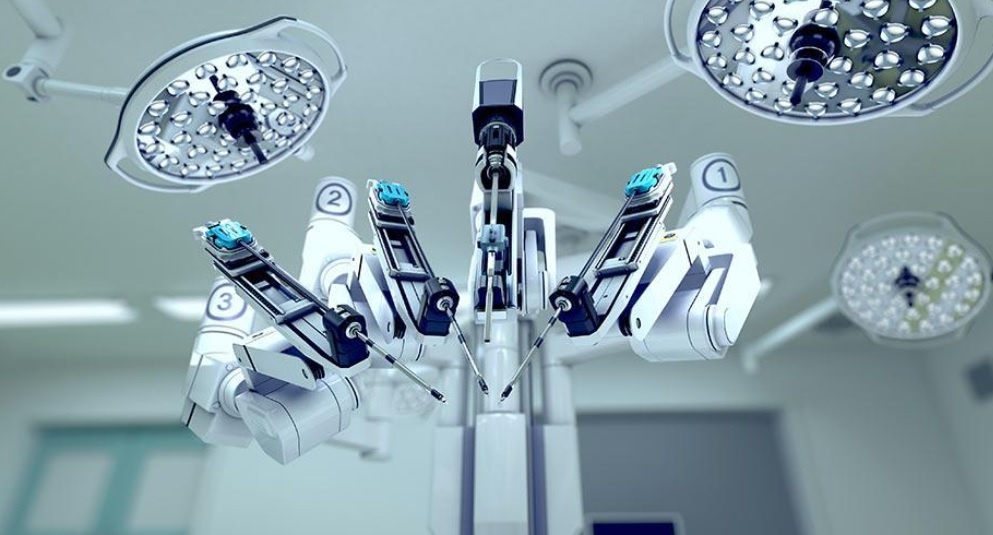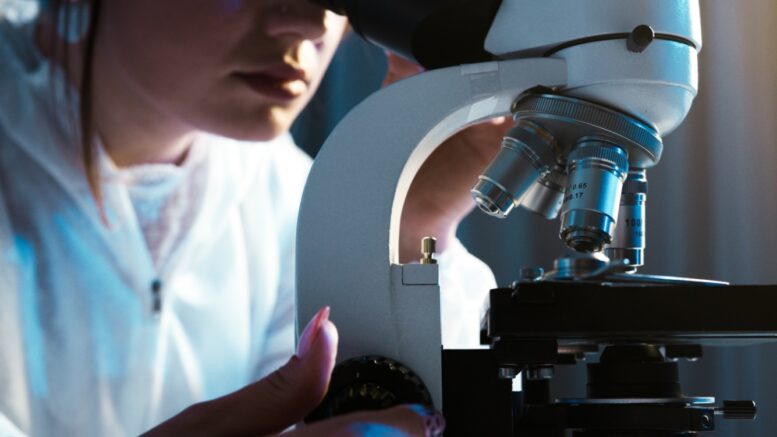The advent of technology has revolutionized many industries- and one of them is Medical Device Manufacturing industry. There is an ever-increasing demand for improved medical care through use of smaller and technologically efficient devices.
To achieve high standards of customer satisfaction and lower costs, especially in recent global price hikes, medical device companies have adopted contract manufacturing.
What is Medical Device Contract Manufacturing?
Contract manufacturing of medical devices is a relatively new practice of outsourcing production of medical devices to specialized medical device companies.
This can either be the entire process- from product designing through manufacturing, assembling and prototyping to the final production- or just a part of it, such as supply chain management, product testing, or regulatory affair services.
These devices are required to fall within the classes identified by FDA: class I, class II or class III and meet the essential quality assurance requirements outlined by the regulatory authority.

The entire business competency model for outsourcing the manufacturing process is based on the idea of reducing the cost of the manufacturing process and labor for original equipment manufacturers (OEMs). By outsourcing the process to a third party, OEMs can focus more on provision and distribution of medical products.
The contract manufacturers (CDMOs) utilize innovative solutions to provide clients with technical expertise and support through the manufacture of a broad range of medical devices- including in vitro reagents and various diagnostic and surgical devices.
You can find these devices in use almost everywhere. From thermometers at homes to testing vials in labs and from ultrasound machines in labor rooms to life support systems in ICUs.Global Market Trends in Medical Device Contract Manufacturing
The global medical device contract manufacturing market is approximated to reach 113.3 billion USD in 2026 from 65.2 billion in 2021 at a Current Annual Growth Rate of 11.5%. In the US alone, nearly 5800 companies employ 350000 employees.
This rapid pace of market growth has resulted from an ever-increasing demand for improvised medical technology by the healthcare industry. Combined with the stressful impact of the pandemic and the global aging population, the demand for novel surgical and medical testing devices has increased by leaps and bounds.
But why join hands with a medical device contract manufacturer when you can execute the process yourself?
Here’s a list of advantages that original equipment manufacturers gain by creating a partnership with medical device contract manufacturers.
Benefits of Medical Device Contract Manufacturing
- Higher Quality Products
Advanced tools and high-technology machinery create elegant and efficient medical devices. - Minimized Costs
Overhead costs are kept in check as the nitty gritty of manufacturing is not a burden. There is low operational and maintenance cost resulting in a high return on investment. - Optimal Use of Resources
Medical device contract manufacturing companies reduce wastage by using lean manufacturing. This not only saves resources but gives your staff direct efforts on branding and marketing for customers’ attention. - Reduced Labor Cost
The hassle of hiring staff, and managing workers’ shifts and payrolls, is no more yours. Medical device contract manufacturing companies not only manage their own staff but also provide essential training when producing a larger product. - Speedier Time to Market (TTM)
Contract manufacturers use rapid prototyping tools and CNC machining to make products reach customers faster than ever before- sometimes just taking a few weeks! - Scalability
Due to the in-house capacity and lower material costs, a contract manufacturer can quickly scale up or down the level of production- from 1000 to 10000 units-quickly without making the cost curve steeper. - Suitable for Startups and Small Businesses
Capital investment to set up a complete manufacturing unit is sometimes out of bounds for new businesses. These medical device manufacturers provide these businesses with the ideal opportunity to compete in the market, at low costs. - Simpler end-to-end operations
From prototype development to assembly manufacturing and packaging of the device- the complete process is taken care of under one roof, making things less complicated. - Accurate Estimates and Deadlines
You would know the exact cost of the entire process beforehand in the form of an upfront estimate. Due to their expertise, contract manufacturers can often avoid unexpected supply chain delays.
Misconceptions
The evolutionary medical device industry faces an enormous challenge when it comes to limited in-house manufacturing capacity. By acquiring a contract manufacturing partner, a medical device company can still carry out commercial production, but, through experienced engineers at a third-party facility. Not only it saves up on valuable resources but also reduces the cost component significantly.

However, there are certain misconceptions within the medical device industry when it comes to medical device contract manufacturing companies. It is crucial to outweigh these myths with the many benefits of contract manufacturing services.
- THE COSTS INVOLVED IN SWITCHING ARE SKY HIGH
But when combined with capital and operational costs, outsourcing is much cheaper than manufacturing medical devices yourself! - LOSS OF CONTROL OVER PRODUCT DESIGN
Some OMEs believe that outsourcing can lead to a loss of control over the final product. This is very much dependent on your choice of the contract manufacturer.
A fully transparent communication, accurate documentation and agile production- by an expert medical device contract manufacturer can lay these concerns about control to rest. - LOW QUALITY ASSURANCE
Quality control and regulatory compliance are critical to medical device manufacturing, and a trusted and expert partner can actually raise the quality standards of your device. These companies are well versed in regulatory authority’s requirements- saving your time and resources. - LONGER TIME TO TRAIN PEOPLE WHEN OUTSOURCING
If you choose a medical device manufacturer with fully trained staff to handle complex machinery, it actually saves a lot of time and budget. Training in-house staff can be exhausting. - MEDICAL DEVICE CONTRACT MANUFACTURING IS ONLY FOR SMALLER COMPANIES
Outsourcing is not just beneficial to small businesses, but many big fish dealing in large-scale projects can also add value and raise quality standards by minimizing operational costs while still maintaining high-quality standards.
There are many benefits of outsourcing medical device manufacturing, but these can only be optimized if the manufacturing company specializes in techniques of medical product development. A few consistent aspects to be thoroughly researched are
- Resource availability to manufacture all kinds of medical devices to guarantee uninterrupted manufacturing processes.
- The in-house facility of highly trained technical experts.
- Prior experience in manufacturing processes and medical device design.
- Ability to meet regulatory requirements outlined by FDA.
Minimum FDA Requirement for Medical Device Industry
The Food and Drug Authority or popularly known as FDA “is responsible for regulating and supervising the safety of foods, dietary supplements, drugs, vaccine, biological medical products, blood products, medical devices, radiation-emitting products, veterinary products, and cosmetics.”
According to FDA, a medical device is “any instrument, machine, contrivance, implant, in vitro reagent that’s intended to treat, cure, prevent, mitigate, diagnose disease in man”. This includes every medical device- ranging from a thermometer to a complex surgical device.
FDA further divides medical devices into 3 broad categories: Class I, Class II and Class III, depending on control and risk involved when using these devices. The level of restriction and specific regulations are dependent on the classification of the medical device.
The minimum requirement that all classes must adhere to is ISO 13485. It specifies “requirements for a quality management system where an organization needs to demonstrate its ability to provide medical devices and related services that consistently meet customer and applicable regulatory requirements.”
In simpler words, your medical device contract manufacturing company should have a structured quality assurance process to execute
- Product realization planning
- Design and development
- Purchasing process
- Production
- Monitoring and measurement
Hence, it is pivotal to hire an ISO 13485-certified medical device contract manufacturing company to carry out the design and manufacture of your medical devices.
Wrapping Up
Medical device contract manufacturing companies specialize in producing medical devices in compliance with FDA regulations. A key component in their operational strategies is cost reduction and waste elimination through lean manufacturing, along with after-sales services and a faster time to market.With an industry that is continuously revolutionizing at a break-neck speed, it’s never too late to outsource and partner with the best medical device contract manufacturer!
